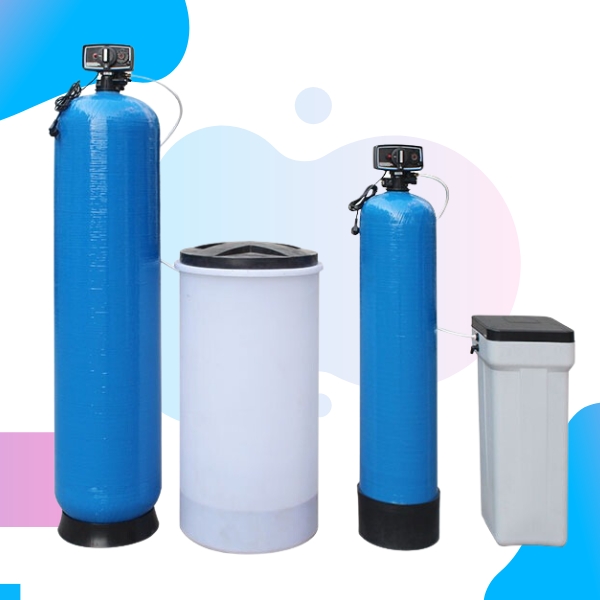
Commercial RO Plant Manufacturers in
Commercial RO Plant Manufacturers in , Industrial RO Plant
Healthy Waves is a major manufacturer of high-quality Commercial RO Plant Manufacturers in in . Welcome to our company! We are the best Commercial RO Plant Manufacturers in , and most versatile providers of water treatment solutions, specializing in the ion of RO Plant in , Commercial RO Plant in , Commercial Water Purifier in , Industrial RO Plant in , Mineral Water Plant in , RO Water Plant in , 500 LPH RO Plant in , 1000 LPH RO Plant in , Water Purifier Plant in , and Water Softener in . Whatever you need, we got it you name it.
What Makes Our RO Water Plant in The Best?
Are you searching for RO Water Plant in ? Healthy Waves is the best solution to cater to all your RO Water Plant needs. All our RO filters and water plants are designed to meet the highest standards of quality and reliability. Our RO plants are certified by the Indian Standard Institute, and our water softeners are certified by the American National Standard Institute. We also offer customized water treatment systems tailored to meet the specific needs of our customers.
Are you looking for Commercial RO Plant Manufacturers in ? You are in the Right Place.
We understand the importance of high-quality water purification systems for your commercial needs, and we are dedicated to providing top-notch solutions tailored to your requirements. Here's why you should choose us as your trusted commercial RO plant manufacturers:
- Expertise and Experience: With our extensive experience in the industry, we possess the expertise and knowledge needed to design, manufacture, and install commercial RO Plants in .
- Customized Solutions: Our Commercial RO Plant Manufacturers in offer customized designs and configurations based on factors such as water quality, desired capacity, space availability, and budget constraints.
- Timely Delivery and Installation: We are committed to delivering your system on schedule and ensuring a seamless installation process.
- High-Quality Systems: We utilize premium components and materials to manufacture commercial RO plants that are built to last.
Manufacturers Of Commercial RO Plant In Offers Quality Products
We are one of the trustworthy Commercial RO Plant Manufacturers In Punjab, Haryana, Himachal Pradesh, Chandigarh, Uttarakhand, Uttar Pradesh, Delhi, Rajasthan, Bihar, Jammu and Kashmir, Leh & Ladakh, Amritsar, Barnala, Bathinda, Faridkot, Fatehgarh Sahib, Firozpur, Fazilka, Gurdaspur, Hoshiarpur, Jalandhar, Kapurthala, Ludhiana, Mansa, Moga, Muktsar, Pathankot, Patiala, Rupnagar, Mohali, Sangrur, Nawanshahr, Tarn Taran Sahib, Ambala, Faridabad, Gurugram, Hisar, Karnal, Kaithal, Kurukshetra, Panchkula, Rohtak, Sirsa, Sonipat, Panipat, Shimla, Solan, Una, Baddi, Hamirpur, etc. Healthy Waves is a leading RO Water Plant In , suppliers of Industrial RO Plant In . So, what are you waiting for, send your enquiry now.
Why We Are The Best Industrial RO Plant Manufacturers And Suppliers in
Being a market leader and a high-quality Industrial RO Plant Suppliers in . At our company, we are passionate about helping our customers create clean and safe water for their homes and businesses. We believe in providing sustainable and cost-effective water treatment solutions that are easy to use and maintain. So that you don’t need to worry about clean and fresh water when you are gulping a glass of water.
Healthy Waves one of the leading Healthy Commercial Reverse Osmosis Plant Manufacturers in India, We also offer RO Plant in India, Commercial RO Plant in India, Commercial Water Purifier in India, Industrial RO Plant in India, Mineral Water Plant in India, RO Water Plant in India, 500lph RO Plant in India, 1000lph RO Plant in India,Water Purifier Plant in India, Water Softener in India at best Price
F-395, Industrial area Phase-8B, Sector-90, Mohali, Punjab-160071









